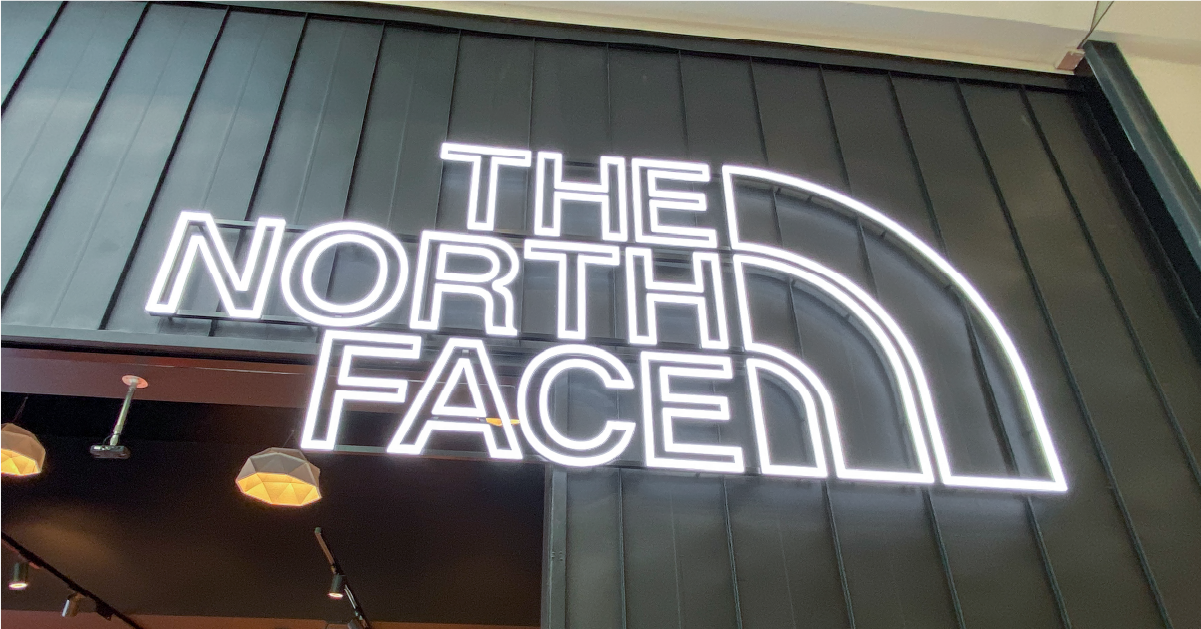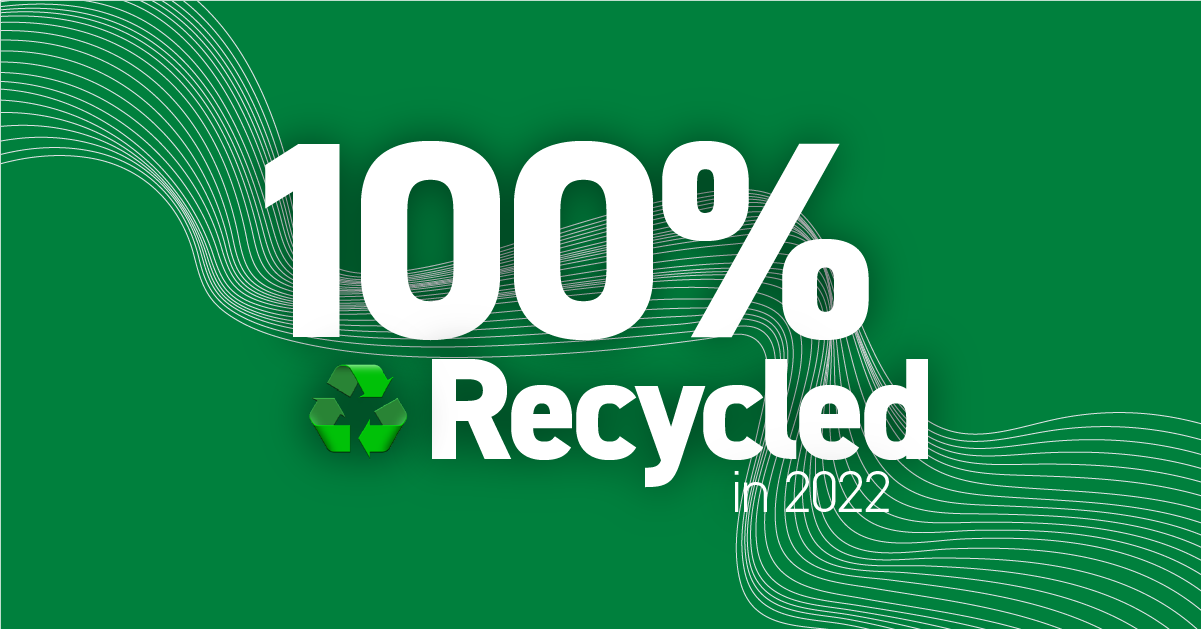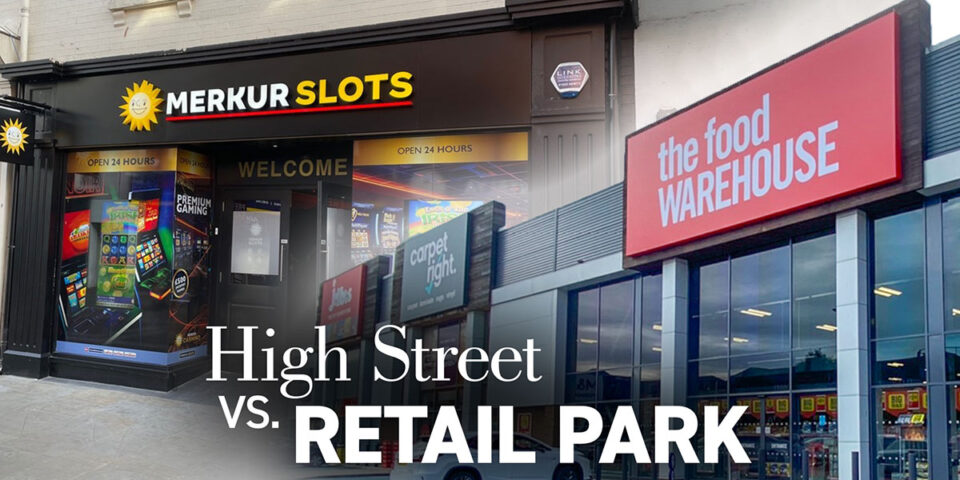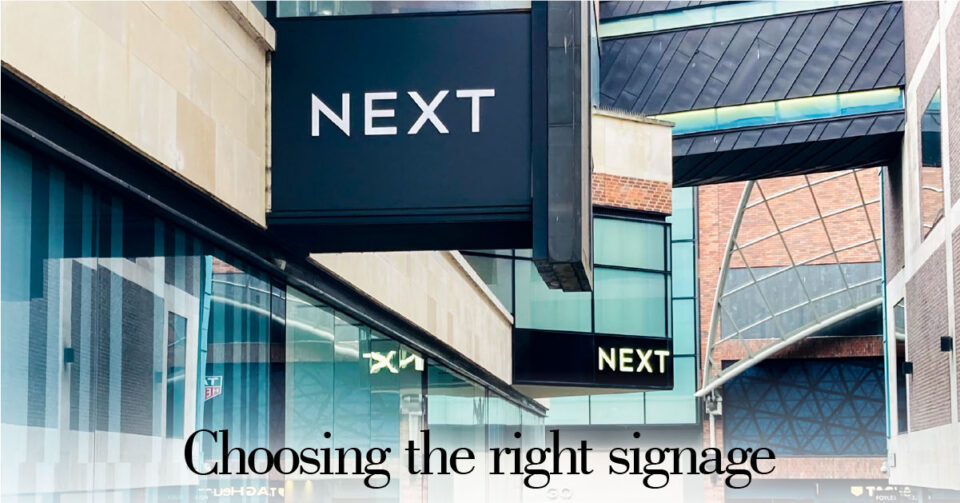Throughout 2022, all* waste that was collected from our factory and office facilities in Broadstairs, Kent was recycled, through our refuse partners.
*Hazardous materials that cannot be recycled are disposed of appropriately, by our refuse partners.
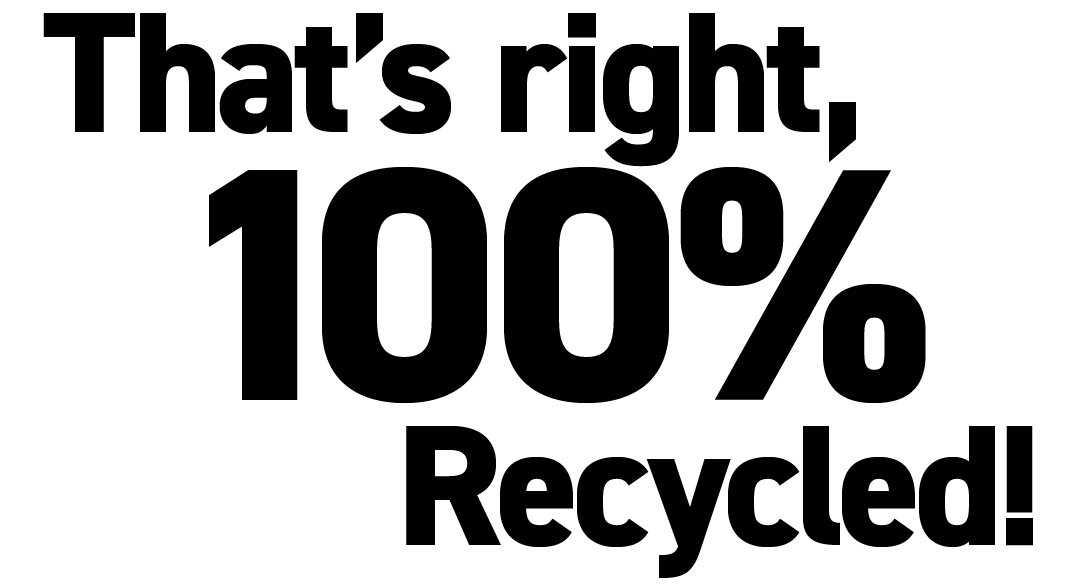
Sustainability is one of our most important values at Blaze Signs, and this means finding ways to reduce our impact on the environment in every aspect of our business. When it comes to the waste produced by our office and manufacturing facilities, it means ensuring the use of landfill is reduced to an absolute minimum. We were able to achieve this in 2022, as 196.66 tonnes of waste collected found a new use rather than polluting the environment – and in the case of hazardous substances such as paint, they were disposed of appropriately.
The graph below details a breakdown of the various types of waste produced, and as you can see, plastic accounts for over half of the total waste from our Broadstairs facility. 100.02 tonnes of plastic was collected, and after they are sorted, there are two main ways to recycle the material; mechanical recycling, where it is washed, ground and melted, or chemical recycling, where it’ll be broken down at a molecular level into monomers, to form new polymers. Once recycled, the plastics can be redistributed into supply chains to begin the cycle all over again!
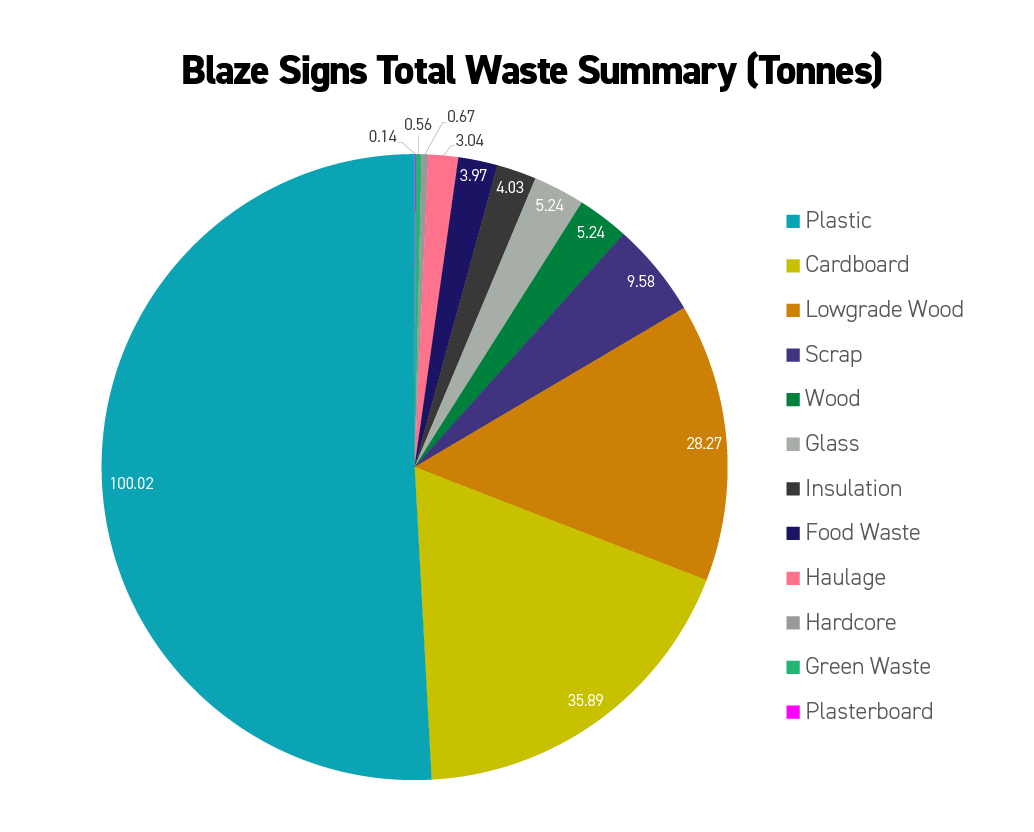
Cardboard and wood make up the next highest amount of waste, and these too are easily recycled and repurposed to reduce environmental pollution. Overall there was 64.16 tonnes of this type of waste, which is more than the weight of five double decker buses!
7m tonnes of food and drink are thrown away annually, and accounts for nearly a fifth of all food we buy! Although food waste isn’t high on our list in terms of volume, it is still important to highlight that even this type of waste can be recycled and turned into energy and fertiliser. During this process, food waste is put into an anaerobic digester where micro-organisms break down food waste in the absence of oxygen. This process produces biogas, a mixture of methane and carbon dioxide which can then be used to produce heat, electricity or transport fuels. The gas itself is a source of renewable energy.
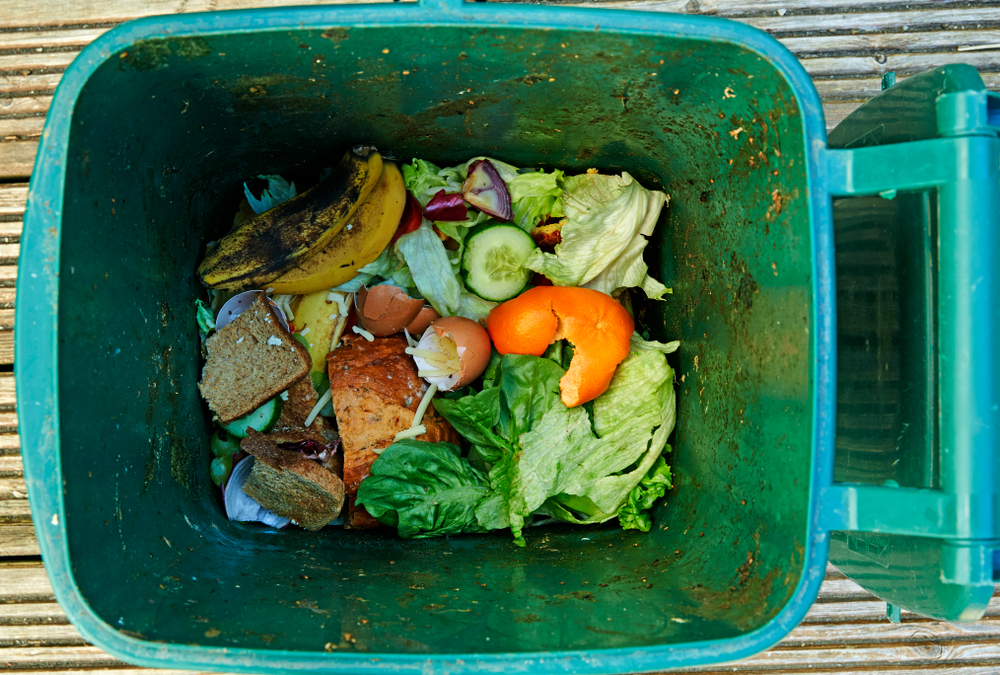
Visiting Thanet Waste
Our Supply Chain Manager, Amanda, recently took a trip to Thanet Waste, who handles all of our waste from the Broadstairs facility, to find out more about how they’re pulling off this admirable feat.
During her visit, Amanda was shown around the entire Waste Transfer Station, which is located locally to us in Sandwich, Kent – for those unaware it is typically a 15 minute drive from our factory and offices.
All waste collected from us is received into the site and emptied into the main warehouse, and all larger items are segregated out with specialised machinery. The waste that is left is put onto a conveyor and is separated by hand into the relevant ‘bins’, whether that’s plastic, paper, wood etc.
Every single item of waste that comes through this system is sorted and recycled – here are a couple examples:
- PVC Window Frames – Stripped down and sold to a local company to make Plastic Piping
- Wood – is chipped down and sold to a local company for fuel.
- Soil – Separated and sold as topsoil.
- Hardcore – Separated out cleaned stones/pebbles and re-sold.
- Plastics – such as crisp packets etc are incinerated.
Concrete and other types of hardcore material that comes through the Thanet Waste facility is also recycled, and Thanet Waste have built their own waste bays for these types of materials.
We were very impressed with the work that Thanet Waste are doing at their recycling facility, and we’re adamant that they are an amazing partner for Blaze Signs to have on board. With Thanet Waste, we’re able to confidently say that we are responsibly managing the waste that comes from our head quarters in Broadstairs, Kent.
Along with Thanet Waste, we have other partners who collected our scrap metal and acrylic waste, which they then sort and recycle at their own facilities. Our acrylic disposal partner has collected over 30 tonnes of waste which has since been sorted, processed and redistributed into the supply chain!

